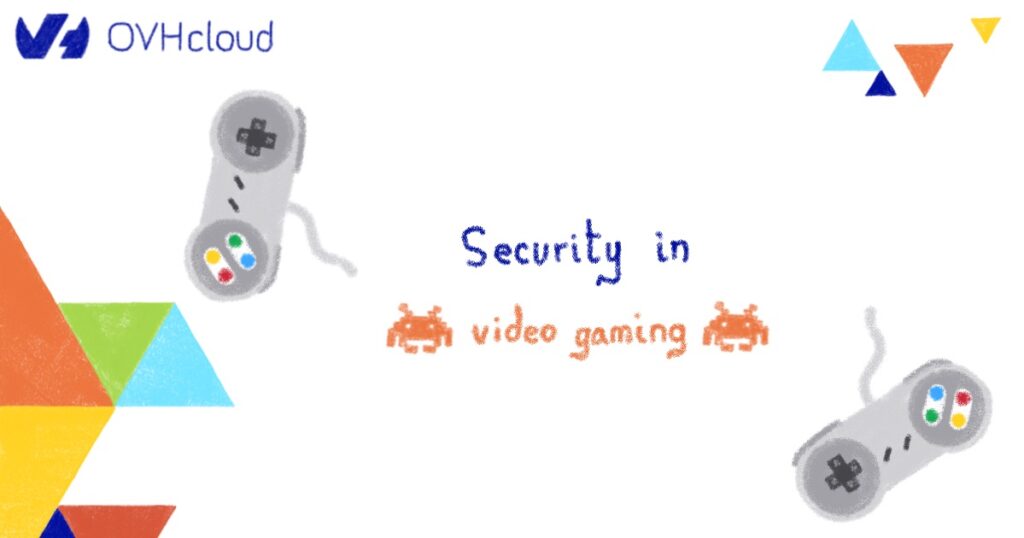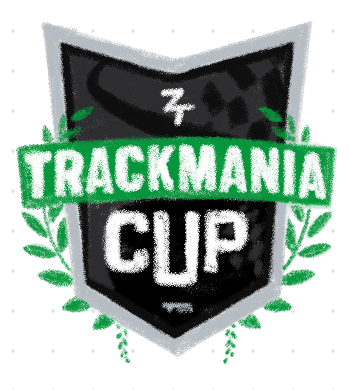The video games industry continues to grow and evolve, and with it the need to implement strong security measures to protect both the game development process and the end product.
As a developer and video game administrator, you naturally want to protect your code and network infrastructure. However, you are also responsible for ensuring the security of your players’ data and providing them with a good experience.

Why is security important in video game development?
One of the main reasons is the protection of sensitive data; both the game’s source code and any personal information that can be collected from the community.
Source code is the backbone of any video game, so it is essential that it remains secure to prevent unauthorised access or tampering. If an attacker can access the source code, they can exploit its flaws, demand a ransom, or publicly release it – all of which are a disaster for the targeted company.
Security is also vital given that video games often collect and store personal information about players, such as their name, age and email address. It is therefore important to implement strong security measures to protect this data against unauthorised access or theft by external parties.
Ignoring the issue of system security as a whole can compromise a development team’s ability to deliver a game in its final version.
The role of cybersecurity in video game development

Cybersecurity plays a crucial protective role when developing video games, and one of the main methods of protection is to use secure coding practices.
This approach involves the use of best practices and clear guidelines when writing code in order to reduce the risk of vulnerability or exploitation. This may include elements such as input validation, error handling, and the use of secure libraries and frameworks.
Another important aspect of cybersecurity in video game development is the use of secure protocols and encryption to protect data as it is transmitted between devices. This is a key requirement for online games, where players can join from anywhere in the world. Strict controls are also essential to ensure that only authorised personnel can access sensitive data and systems. This may include the use of strong passwords, two-factor authentication, and regular audits to monitor access.
Protecting video games during deployment
DDoS attacks have become commonplace for hackers seeking to disrupt online services, with the gaming industry often becoming a target due to the immense popularity of certain game titles.
When a DDoS attack is launched against a game, the flood of traffic can cause the servers to overload. This results in lags and connection loss, making it impossible for the user to play the game. In some cases, the attack can continue for a prolonged period of time, causing frustration for players.
Preventing these types of attacks
It can be difficult to defend against DDoS attacks, as they usually involve a large number of devices spread across several locations. But game developers and hosting providers can implement certain measures to mitigate the impact of DDoS attacks. These include traffic filtering to identify and block malicious traffic, deploying additional servers to absorb excess traffic, and using specialised DDoS protection services.
It’s important for developers to be proactive in protecting their games against DDoS attacks, as the disruptions caused by these attacks can have serious consequences for their game’s reputation and financial success. By implementing measures to prevent and mitigate these attacks, developers can help ensure a stable, uninterrupted gaming experience.
Protecting your game infrastructure: OVHcloud Anti-DDoS Game
A gaming solution designed by gamers
At OVHcloud, we have developed an Anti-DDoS solution specifically designed for video games. Unlike our standard anti-DDoS protection, which is activated on our entire global infrastructure, it specifically targets attacks carried out with the protocols used by video games. This protection is included with our dedicated servers in the Game range.
On this page, you can find out more about how our anti-DDoS protection works, and a current list of games and applications protected by it.
TrackMania Cup 2022 and OVHcloud Anti-DDoS Game

The tenth ZrT TrackMania Cup took place in June 2022, bringing together 15,000 people at the Accor Arena in Bercy, France. The event was also broadcast live, attracting tens of thousands more people, with a peak of 170,000 viewers. OVHcloud was a partner in the tournament, and during the month-long qualifier stage, provided servers from its Game range. Our Anti-DDoS Game solution, combined with the performance of our servers, ensured that participants had smooth sessions with minimal latency. Plus, the organisers had the satisfaction of a tournament that ran without a hitch. Read the interview with Thimotée Malossane, Technical Director at ZQSD Productions, as he talks about their collaboration with OVHcloud during TrackMania Cup 2022.


